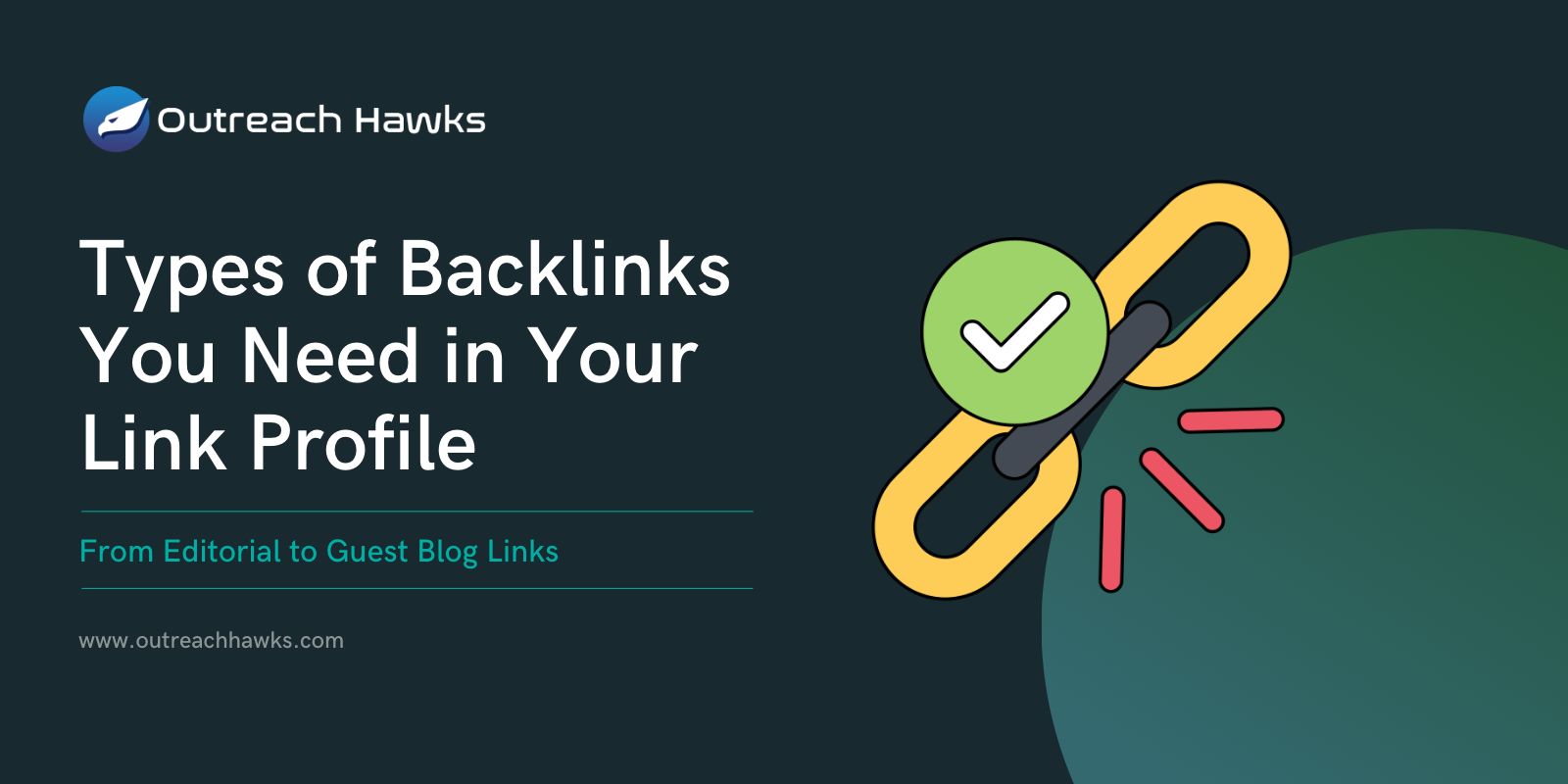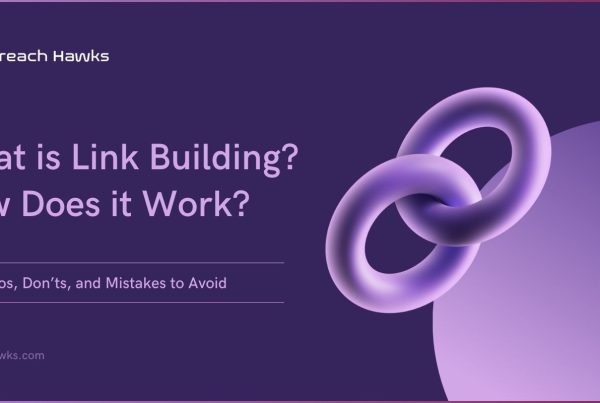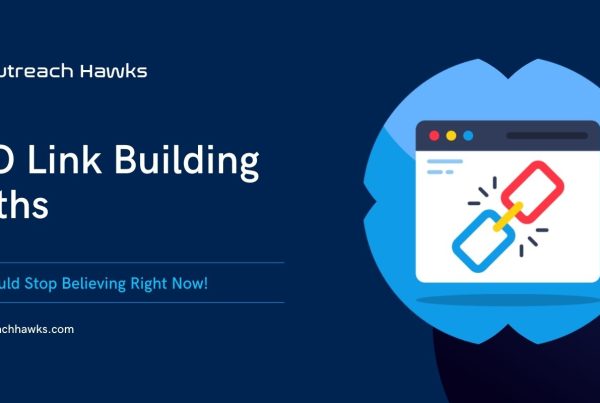As a website owner, you’re probably aware that backlinks play a crucial role in your website’s search engine optimization (SEO) strategy. Not only do they help improve your website’s authority and credibility, but they also help improve your website’s search engine rankings. However, it’s important to have a diverse range of backlinks in your link profile to maximize their benefits.
In this article, we’ll cover the 11 types of backlinks you need in your link profile.
1. Guest Post Links:
Guest post links are links earned from writing guest posts on other websites. Writing quality content for other websites in your niche is a great way to establish yourself as an authority in your field and earn high-quality backlinks. To earn guest post links, you’ll need to pitch guest post ideas to relevant websites and create high-quality content that meets their guidelines.
2. Editorial Links:
Editorial links are links earned through natural editorial mentions or content creation. These links are often the most valuable type of backlinks because they are earned naturally and indicate that your content is high-quality and relevant. To earn editorial links, you’ll need to create high-quality content that other websites will want to link to.
3. Business Profile Links:
Business profile links are links from business directories and profiles. These links are important for local SEO because they help establish your business’s online presence and improve your visibility in local search results. To earn business profile links, you’ll need to create and claim your business listings on relevant directories and ensure that your business information is accurate and up-to-date.
4. Forum Links:
Forum links are links from relevant forums and discussion boards. These links are valuable because they indicate that your website is an authority in your niche and can help drive traffic to your website. To earn forum links, you’ll need to participate in relevant forums and provide value to the community.
5. Social Media Links:
Social media links are links from social media profiles and posts. While social media links are often “nofollow,” they are still valuable because they can help drive traffic to your website and improve your social media presence. To earn social media links, you’ll need to create and maintain active social media profiles and share high-quality content that your followers will want to share.
6. Broken Link Building Links:
Broken link-building links are links earned by fixing broken links on other websites. This strategy involves finding broken links on relevant websites and reaching out to the website owner to let them know about the broken link and suggesting a replacement link to your website.
Related: 10 Link-Building Myths You Should Stop Believing Right Now
To earn broken link-building links, you’ll need to have high-quality content on your website that is relevant to the broken link.
7. Image Links:
Image links are links earned from image attribution on other websites. If you have high-quality images on your website, other websites may use them and provide a link back to your website as attribution. To earn image links, you’ll need to create high-quality images that other websites will want to use.
8. Infographic Links:
Infographic links are links earned from sharing infographics on other websites. Infographics are a great way to convey complex information in a visually appealing way and can help improve your website’s authority and credibility. To earn infographic links, you’ll need to create high-quality infographics that other websites will want to share.
9. Scholarship Links:
Scholarship links are links earned from sponsoring scholarships or creating scholarship programs. This strategy involves offering a scholarship to students in your niche and providing a link back to your website as part of the application process. To earn scholarship links, you’ll need to create a scholarship program that is relevant to your niche and provides value to students.
10. Resource Page Links:
Resource page links are links earned from lists of resources on other websites. Resource pages are often created by websites that want to provide their readers with a list of helpful resources in a specific niche. To earn resource page links, you’ll need to have high-quality content on your website that is relevant to the resource page topic.
11. Competitor Links:
Competitor links are links earned by analyzing your competitors’ backlink profiles and replicating their successful link-building strategies. This strategy involves identifying your competitors’ top backlinks and finding ways to replicate those links for your own website. To earn competitor links, you’ll need to conduct thorough competitor analysis and have high-quality content that is similar to your competitors’ content.
In conclusion, having a diverse range of backlinks in your link profile is crucial for maximizing the benefits of backlinks. By incorporating these 11 types of backlinks into your link-building strategy, you can improve your website’s authority, credibility, and search engine rankings. Remember to focus on creating high-quality content that provides value to your audience and promotes natural link-building.




![Best Free Link Building Tools in [year] 3 Best free link building tools](https://outreachhawks.com/wp-content/uploads/2022/08/best-free-link-building-tools-600x403.jpg)
